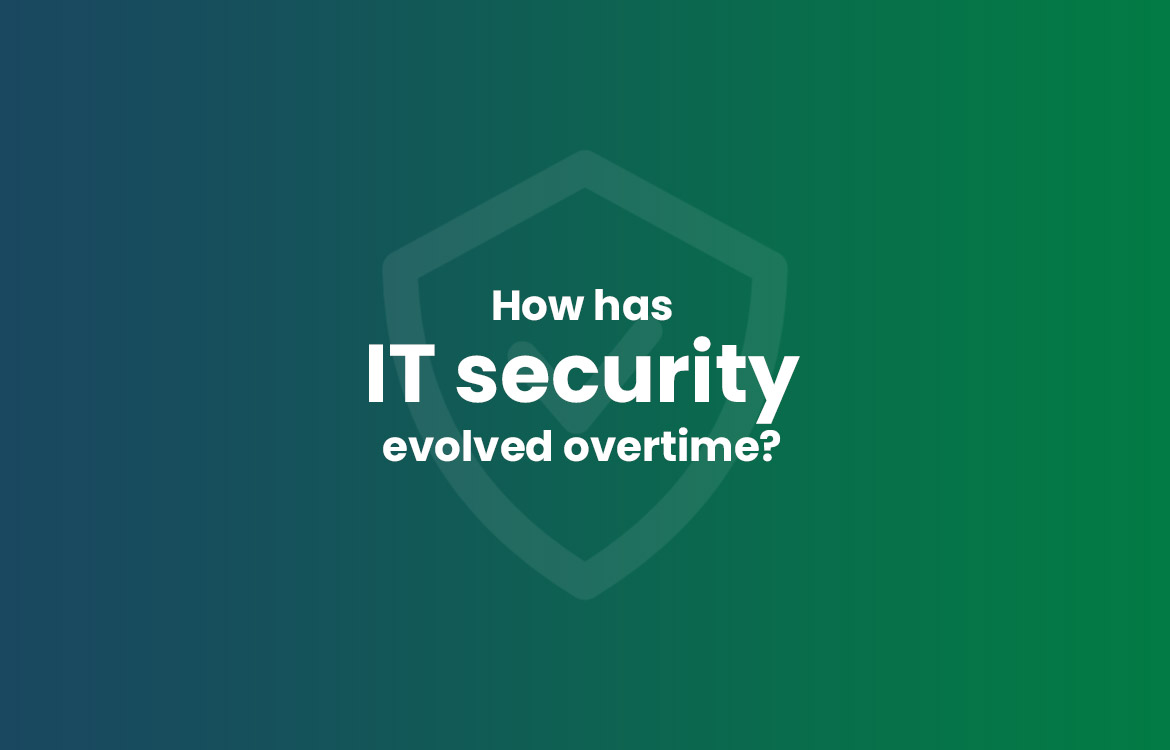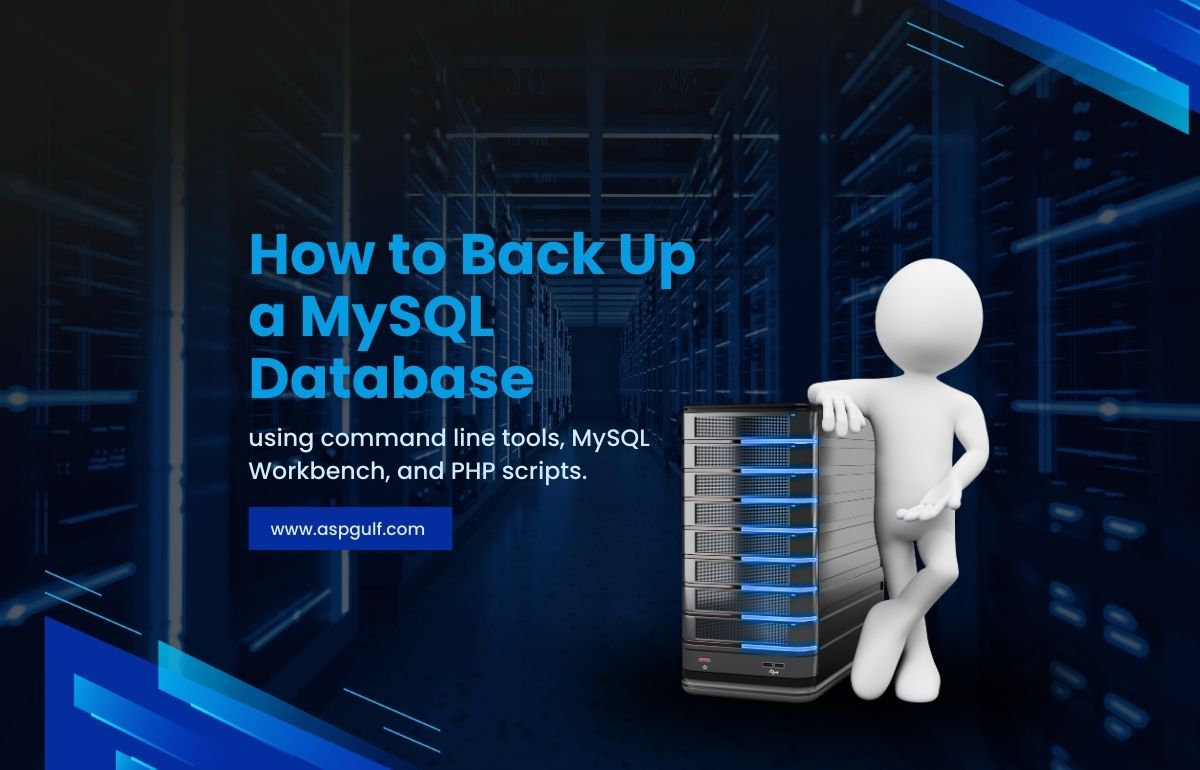The Power of VPS Hosting
In today’s digital landscape, high performance web hosting is paramount. Whether you’re an IT professional, manager, business owner, or someone responsible for procurement, you understand the critical role a website plays in your organization’s success. As the online world becomes increasingly competitive, having a website that loads quickly, handles traffic efficiently, and provides a seamless user experience is no longer a luxury—it’s a necessity.
Enter VPS hosting, the secret weapon that can significantly boost and make your website high performance web hosting among your competitors. In this comprehensive guide, we’ll explore the world of VPS hosting, its benefits, and how it can transform your online presence. We’ll delve into various VPS operating systems, compare different platforms, and provide you with the knowledge you need to make informed decisions about your hosting needs.

Boost Your Online Store with VPS E-commerce Hosting
Experience unmatched performance, scalability, and security for your e-commerce site. Perfect for handling high traffic and ensuring customer satisfaction.
Understanding VPS Hosting: A Game-Changer for Performance
What is VPS Hosting?
VPS, or best virtual private server hosting, hosting is a type of web hosting that provides a virtual machine running its own copy of an operating system. It offers a middle ground between shared hosting and dedicated hosting, combining the best of both worlds: the affordability of shared hosting with the control and performance of dedicated hosting.
How VPS Hosting Works
In a VPS environment, a physical server is divided into multiple virtual servers, each functioning as an independent unit with its own resources, including CPU, RAM, and storage. This isolation ensures that your website’s performance is not affected by other websites sharing the same physical server, as is often the case with shared hosting.
How to setup a VPS server
Learn how to setup a VPS server with our step-by-step guide. Configure, secure, and optimize your virtual private server for seamless performance. Perfect for beginners and advanced users alike.
The Performance Advantage of VPS Hosting
VPS hosting offers several performance benefits that make it an attractive option for businesses and organizations looking to enhance their online presence:
- Dedicated Resources: Unlike shared hosting, where resources are divided among multiple users, VPS hosting provides dedicated resources for your website, resulting in faster load times and improved overall website performance.
- Scalability: As your website grows, VPS hosting allows you to easily scale your resources to meet increasing demands, ensuring consistent performance even during traffic spikes.
- Customization: With root access to your virtual server, you have the flexibility to configure your hosting environment to suit your specific needs, optimizing performance for your particular use case.
- Enhanced Security: The isolated nature of VPS hosting provides better security compared to shared hosting, reducing the risk of performance-impacting security breaches.
Choosing the Right VPS Operating System for Optimal Performance
When it comes to VPS hosting, selecting the right operating system is crucial for achieving optimal website performance. Let’s explore some of the most popular VPS operating systems and their strengths:
Linux VPS Server Hosting
Linux is a popular choice for VPS hosting due to its stability, security, and flexibility. Some of the most widely used Linux VPS hosting include:
Ubuntu VPS Hosting
Ubuntu VPS hosting is known for its user-friendliness and regular updates, making it an excellent choice for those new to VPS hosting. Its long-term support (LTS) releases provide stability and security for extended periods.
- Pros:
- Regular updates and security patches
- Large community support
- Extensive software repositories
- Cons:
- May require more system resources compared to some other distributions
CentOS VPS
CentOS VPS hosting, based on Red Hat Enterprise Linux, is known for its stability and is often preferred by enterprises and organizations that require a rock-solid hosting environment.
- Pros:
- Exceptional stability
- Long support cycles
- Compatible with many enterprise-level applications
- Cons:
- Less frequent updates compared to some other distributions
Debian VPS Server
Debian VPS Server is renowned for its stability and security, making it an excellent choice for those who prioritize these aspects in their hosting environment.
- Pros:
- Highly stable and secure
- Minimal resource usage
- Large software repositories
- Cons:
- May not always have the latest software versions
Fedora VPS
Fedora VPS, sponsored by Red Hat, is known for its cutting-edge features and frequent updates, making it an attractive option for those who want to stay on the bleeding edge of technology.
- Pros:
- Latest software and features
- Excellent for testing and development
- Strong security features
- Cons:
- Shorter support cycles
- May be less stable than more conservative distributions
Windows VPS
While Linux dominates the VPS hosting market, Windows VPS hosting is also available and can be the right choice for specific use cases.
- Pros:
- Familiar interface for Windows users
- Support for Windows-specific applications and technologies (e.g., ASP.NET)
- Integration with other Microsoft products
- Cons:
- Generally more expensive than Linux VPS hosting
- Higher resource requirements
- May be more vulnerable to security threats
Optimizing Your VPS for Peak Performance
Once you’ve chosen your VPS operating system, there are several steps you can take to optimize your hosting environment for maximum website performance:
1. Keep Your System Updated
Regularly updating your operating system and installed software is crucial for maintaining security and performance. Set up automatic updates or create a schedule for manual updates to ensure your system is always running the latest, most optimized versions.
2. Configure Your Firewall
A properly configured firewall is essential for both security and fast performance website hosting. It helps prevent unauthorized access and can mitigate the impact of DDoS attacks, which can severely affect your website’s performance.
3. Optimize Your Web Server
Whether you’re using Apache, Nginx, or another web server, proper configuration can significantly impact your website’s performance. Consider the following optimizations:
- Enable caching to reduce server load
- Compress static files to reduce bandwidth usage
- Implement HTTP/2 for faster content delivery
- Fine-tune your server’s settings based on your specific needs and traffic patterns
4. Implement a Content Delivery Network (CDN)
A CDN can dramatically improve your website’s performance by distributing your content across multiple servers worldwide. This reduces latency and improves load times for users accessing your site from different geographic locations.
5. Monitor and Analyze Performance
Regularly monitoring your VPS’s performance is crucial for identifying and addressing issues before they impact your users. Use monitoring tools to track key metrics such as CPU usage, memory utilization, and disk I/O, and set up alerts to notify you of any anomalies.
VPS Platforms: Choosing the Right Provider for Your Needs
Selecting the right VPS platform is just as important as choosing the right operating system. Here are some factors to consider when evaluating VPS providers:
1. Performance and Reliability
Look for providers that offer high performance hosting hardware and network infrastructure. Check their uptime guarantees and read customer reviews to gauge their reliability.
2. Scalability
Ensure that the provider offers easy scalability options, allowing you to upgrade your resources as your needs grow.
3. Support
Quality technical support is crucial, especially if you’re new to VPS hosting. Look for providers that offer 24/7 support through multiple channels.
4. Security Features
Evaluate the security measures offered by the provider, such as DDoS protection, regular backups, and SSL certificates.
5. Pricing and Value
While cost shouldn’t be the only factor, it’s important to find a provider that offers a good balance between performance and price.
Case Studies: Real-World Performance Improvements with VPS Hosting
To illustrate the impact of VPS hosting on high performance web hosting, let’s look at a few case studies:
Case Study 1: E-commerce Site Reduces Load Times by 60%
An online retailer switched from shared hosting to a VPS solution, resulting in:
- 60% reduction in page load times
- 25% increase in conversion rates
- Improved ability to handle traffic spikes during sales events
Case Study 2: High-Traffic Blog Eliminates Downtime
A popular blog experiencing frequent downtime during traffic spikes moved to VPS hosting, leading to:
- 99.9% uptime, even during viral content surges
- 40% increase in ad revenue due to improved user experience
- Ability to handle 3x more concurrent users
Case Study 3: SaaS Company Improves Application Performance
A software-as-a-service provider migrated their application to a VPS environment, resulting in:
- 50% reduction in server response times
- Improved ability to scale resources during peak usage periods
- Enhanced security and compliance capabilities
Conclusion: Harnessing the Power of VPS Hosting for Your Business
VPS hosting represents a powerful solution for businesses and organizations looking to boost their web hosting performance. By providing dedicated resources, scalability, and customization options, VPS hosting offers a compelling alternative to traditional shared hosting.
As we’ve explored in this guide, choosing the right VPS operating system and platform is crucial for achieving optimal performance. Whether you opt for a Linux distribution like Ubuntu, CentOS, Debian, or Fedora, or decide that a Windows VPS better suits your needs, the key is to align your choice with your specific requirements and expertise.
Remember that optimizing your VPS environment is an ongoing process. Regular monitoring, updates, and fine-tuning are essential for maintaining peak performance and security.
As you consider making the switch to VPS hosting, keep in mind the potential benefits:
- Faster load times and improved user experience
- Better handling of traffic spikes and growth
- Enhanced security and stability
- Greater control and customization options
By leveraging the power of VPS hosting, you can give your website the performance boost it needs to stand out in today’s competitive digital landscape. Whether you’re an IT professional, manager, or business owner, investing in VPS hosting can be a game-changing decision that propels your online presence to new heights.



